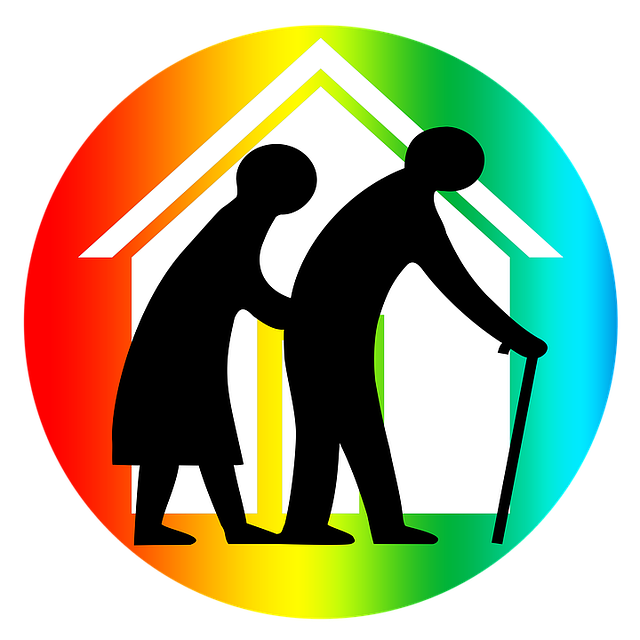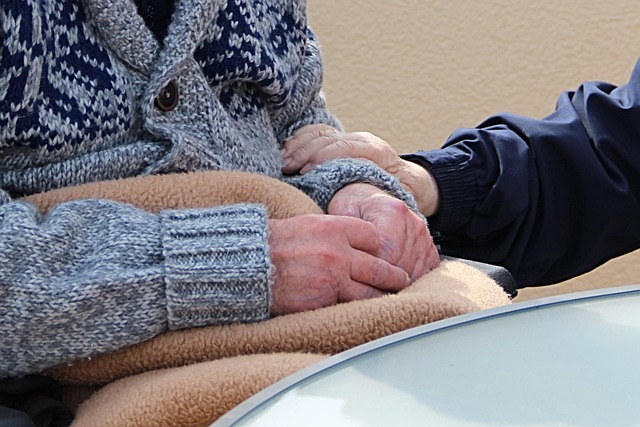In rural Missouri, elder abuse often goes undetected due to isolation and limited resources. Elderly sexual assault law firms in MO address these challenges by offering specialized legal services and advocating for telehealth access. Telehealth enables early detection through video conferencing, remote monitoring, and digital records, enhancing support for vulnerable elders and facilitating communication among families, caregivers, and providers. These firms empower victims, deter abuse, hold perpetrators accountable, and facilitate access to justice for the elderly in rural areas.
In rural Missouri, identifying elder abuse presents unique challenges due to limited resources and geographical barriers. Telehealth emerges as a powerful tool to overcome these hurdles, enabling early intervention and prevention strategies. This article explores how telemedicine can facilitate the detection of elder abuse, especially in remote areas. We delve into specific sectors, including legal support for vulnerable elderly victims, where telehealth significantly enhances protection under Missouri’s elderly sexual assault laws.
Challenges of Identifying Elder Abuse in Rural Areas

Identifying elder abuse in rural communities presents unique challenges due to their often isolated nature and limited access to resources. Elderly individuals in these areas may face increased vulnerability, with limited options for support and protection. The remote locations can make it harder for authorities and healthcare providers to detect signs of abuse, especially when victims are reluctant to come forward or lack the means to reach help.
Rural Missouri, with its vast landscapes and dispersed populations, is no exception. Elderly sexual assault law firms in MO play a crucial role in addressing this issue by offering specialized legal services tailored to these challenges. They provide support for victims who may be ashamed, scared, or unsure of where to turn, ensuring they receive the necessary care and justice. These law firms also advocate for improved access to telehealth services, which can facilitate early detection of abuse by connecting rural residents with professionals remotely.
Telehealth as a Tool for Early Intervention and Prevention

Telehealth offers a powerful tool for early intervention and prevention of elder abuse, especially in rural areas like Missouri where access to healthcare services is limited. Through video conferencing, remote monitoring, and digital health records, healthcare professionals can regularly check in on elderly individuals at risk, identifying potential signs of abuse or neglect more swiftly. This technology enables continuous support and care, even for those living far from urban centers with better-resourced medical facilities.
Moreover, telehealth facilitates communication between family members, caregivers, and healthcare providers who might otherwise struggle to connect due to geographical barriers. By fostering a collaborative environment, this approach encourages early reporting of concerning behaviors or changes in an elderly person’s condition. With the help of advanced technologies, telehealth also supports the referral process for specialized services, including those offered by experienced elderly sexual assault law firms in Missouri, ensuring that victims receive comprehensive care tailored to their unique needs.
The Importance of Legal Support for Vulnerable Elderly Victims

In many rural areas, including Missouri, elder abuse often goes unnoticed due to isolation and limited access to resources. Legal support plays a pivotal role in empowering vulnerable elderly victims to come forward and seek justice. Elderly sexual assault law firms in MO are instrumental in providing specialized assistance tailored to the unique challenges faced by older individuals who have suffered abuse. These firms not only offer legal counsel but also ensure that victims receive the support they need to navigate complex legal systems, often for the first time.
By combining legal expertise with empathy, these law firms help elderly victims understand their rights and options. They facilitate access to justice, which is crucial in deterring future abuse and holding perpetrators accountable. Furthermore, legal representation can provide a sense of security and empowerment, encouraging victims to report abuse without fear of retaliation or further harm.






